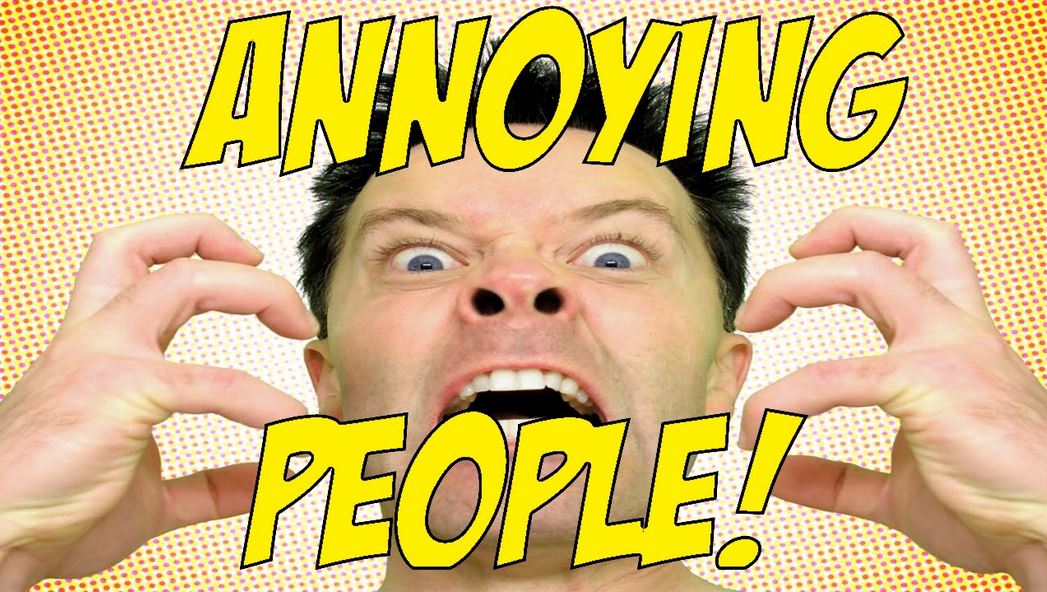A driver cuts you off on the highway without signaling. Your spouse makes a snippy comment about your eating habits over breakfast. An old friend behaves like a jerk, insulting you in front of friends at a party. A co-worker embarrasses you in a meeting with an under-handed remark about your last presentation. It seems that, no matter where you turn, people are just frustrating, annoying, and downright bad: Sartre was right, hell is other people.
Well, not quite. Sartre’s quote is often misinterpreted; coming at the end of his play, No Exit, it is the expression of the realization that the tortures of hell amount to no more than “all those eyes intent on me, devouring me” – the judgment of The Other and the shame of realizing that one has been reduced to no more than a physical object, exposed as weak and insignificant before “all those eyes.” Sartre provides a clue to getting out of this existential escape room: the only way to avoid being objectified and to truly free oneself from being imprisoned within an other-imposed role is to reject the judgment of The Other – in other words, not to take that judgment personally and, instead, to define yourself however you want to in spite of what others might say about you or do to you. Hell, it turns out, is not really other people – it is our own internalization of what other people say or do, our interpretation of those actions, that allows us to create our own personal hell in our own minds.
Marcus Aurelius, the roman emperor, Stoic, and author of the Meditations, reminded himself over and over again of this basic Stoic maxim – it is not what other people say or do that hurts us, but our internalization and interpretation of what they say or do that creates internal turmoil and pain. Simply put, the best way to deal with annoying people is to follow a 3-step process:
- Step 1: If someone says or does something that annoys, frustrates, angers, or otherwise upsets you, STOP and REFLECT first before you REACT: is what the other person saying true? Is what the other person doing actually, physically harmful to you or just annoying? Why do you find it so? Is there any other way you can interpret what they are saying or doing so that it is not about you, but about them (that is, did something terrible happen to them to make them feel badly about themselves so that they are taking it out on you)? This is critical, and both ancient Stoicism and modern cognitive behavioral therapy say that a person’s bad behavior is often the result of their own poor self-perception, and not anything to do with the person at whom that bad behavior is directed.
- Step 2: Separate emotions from facts: feelings are not facts, and your initial emotional reaction will often cloud your perception of what’s actually going on in any potentially-annoying interaction. This will help you formulate a better, calmer, more appropriate response.
- Step 3: Based on your reflection and your assessment of the facts (aside from your first-blush feelings arising from the interaction), react accordingly – neither over-reacting, nor under-reacting. Zen Buddhists call this “mind like water,” where your mind should react to a stimulus the way the water in a pond reacts to a stone dropped into it. A big stone will produce a big splash and large ripples, but a small pebble will produce hardly a splash and a very small disturbance on the surface of the water. The Stoics often reacted to criticism with humor, pointing out the many other personal faults that their accuser might have overlooked – you may find this a useful tool to deflect harsh comments and to defuse a potentially explosive situation.
So, the next time you are on the verge of being angered, annoyed, or frustrated at what someone else says or does, don’t be like Sartre’s characters in No Exit: don’t let someone else’s gaze or judgment define you and force you to react in a way they may want you to. Be more like Marcus Aurelius and remember that you create your own hell (or heaven) in your own mind, based on how you choose to react; the choice is yours and yours alone, so choose wisely.


Great piece, Tony. I shared with my daughter.